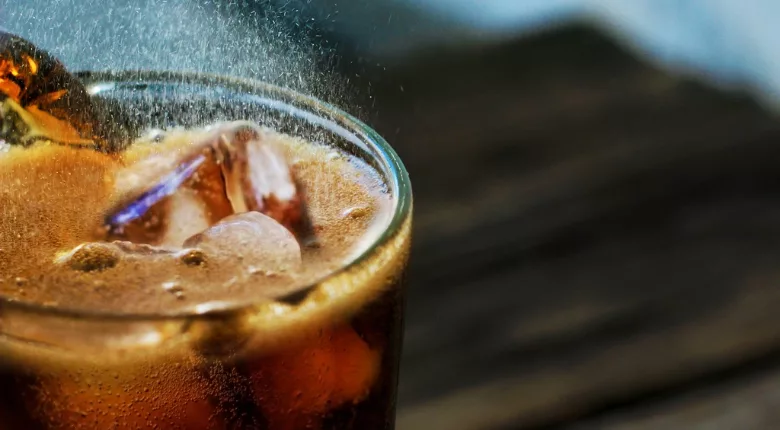Researchers Say FDA Should Look Closer at Multigenerational Effects of Aspartame After Study Suggests Learning, Memory Deficits

Image credit: Lernestorod via Pixabay
New research from the Florida State University (FSU) College of Medicine suggests that the artificial sweetener aspartame may have negative cognitive effects, finding spatial learning and memory deficits among the offspring of male mice that consumed low doses of the chemical.
Over the course of a controlled 16-week exposure study, the FSU researchers observed the cognitive effects in mice whose fathers had been given aspartame at levels even lower than what is considered to be safe for human consumption by FDA.
Global focus has been put on aspartame in recent months, with the World Health Organization (WHO) declaring the chemical as a “possible carcinogen” in July 2023, but not changing the recommended acceptable daily intake. The U.S. Food and Drug Administration (FDA) and industry groups disagreed with WHO’s determination, expressing their beliefs that the sweetener is safe and beneficial to those looking to reduce their sugar intake.
However, while most of the research raising health concerns with aspartame points to the risks of metabolic disease, cardiovascular disease, and cancer, the FSU team’s work sheds new light on how the sweetener can affect the brain. The recent findings are an extension of ongoing work by FSU to uncover the cognitive effects of aspartame, and in 2022, the lab linked aspartame consumption to anxiety in mice, with effects extending up to two generations.
For the present study, mice were separated into three groups: a control group that consumed only water, a group that ingested 7 percent of FDA’s recommended maximum intake of aspartame in their water, and a group that ingested 15 percent aspartame in their water. All of the mouse models were tested at four, eight, and 12 -week intervals in a Y-maze, and again at 12 weeks in a Barnes maze. In a Barnes maze, mice learn to find a “safe” escape box out of 40 possible choices arranged in a circular arena.
The aspartame-free mice were able to find the “safe” box in the Barnes maze much more quickly than the mice that were given the sweetener. However, the mice that were given aspartame were eventually able to solve the maze using a different strategy than the control group, showing that the mice were compensating in some way.
The observation of the mice compensating to overcome learning and memory deficits is significant, according to the FSU researchers, who suggest FDA takes a closer, multigenerational examination of the effects of aspartame.
Looking for quick answers on food safety topics?
Try Ask FSM, our new smart AI search tool.
Ask FSM →







